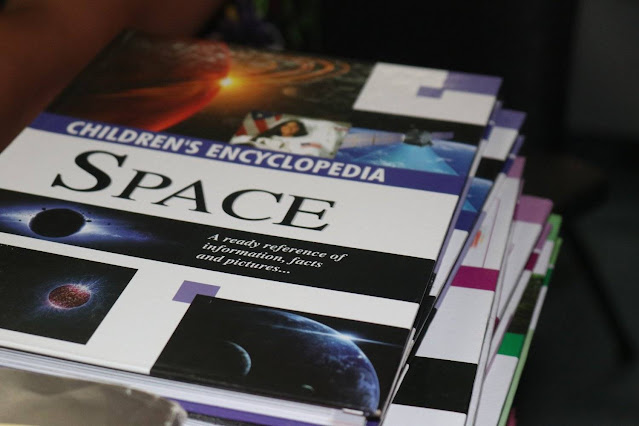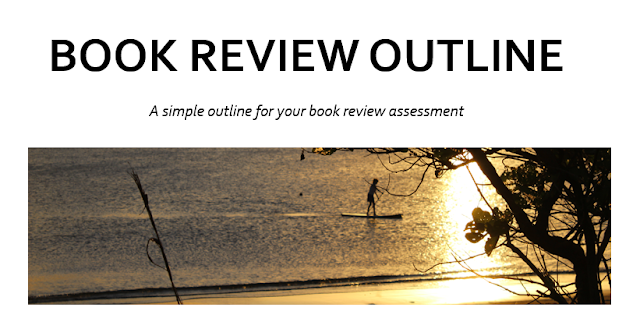This article discusses how continuous financial learning can help people make smart financial decisions. It uses Robert Kiyosaki's guest appearance in the podcast (video embedded) to explain the importance of understanding global economics, how politics affects the economy, and how to adapt to changes in the BRICS alliance. Kiyosaki says that people should change the way they think about money, and compare it to 'toilet paper', but gold to god's money in the podcast.
Read the summary and watch the video for inspiration.
Who is Robert Kiyosaki?
Robert Kiyosaki is a Japanese-American entrepreneur and businessman. He is the founder of Rich Global LLC and the Rich Dad Company, a private financial education company that provides personal finance and business education to people through books and videos. He is also the creator of the Cashflow board and software games to educate adults and children about business and financial concepts.
Kiyosaki is the author of more than 26 books, including the Rich Dad Poor Dad series, which has been translated into 51 languages and sold over 41 million copies worldwide. He is a controversial figure, with some critics questioning his credentials and business practices. However, he remains a popular and influential figure in the world of personal finance.
Introduction
Robert Kiyosaki is a well-known financial expert who has written a popular book called "Rich Dad Poor Dad." He recently gave a podcast where he talked about the economy, politics, and the importance of financial education. This article will summarise the main points of his podcast and help you make better financial decisions.
Key idea:
Robert Kiyosaki's financial insights, as shared in the podcast, centre on the concept of utilising borrowed funds to acquire assets and generate income. The underlying theme emphasises the significance of financial education in making informed decisions and accumulating wealth through strategic borrowing.
The central message is that borrowing, when employed judiciously, can serve as a potent tool for building wealth and achieving financial success. Continuous financial education, which involves self-education through reading and associating with like-minded entrepreneurs, remains the cornerstone for unlocking the potential of leveraging borrowed capital for asset accumulation.
Robert Kiyosaki's Financial Strategy Books
Robert Kiyosaki has written many books about money and investing. Here are 5 of his most popular ones:
- Rich Dad Poor Dad: This book is about how to think about money like the rich do.
- Cashflow Quadrant: This book explains the four different ways that people make money.
- Rich Dad's Guide to Becoming Rich Without a Job: This book shows you how to create wealth outside of a traditional job.
- Why We Want You to Be Rich: This book is a collaboration between Robert Kiyosaki and Donald Trump.
- Rich Dad's Rich Kid, Smart Kid: This book teaches parents how to teach their children about money.
1. The Power of Financial Education
Robert Kiyosaki's extensive military experience lends credence to his assertion that financial education is a powerful tool for empowerment. The phrase "that was very, very enlightening" aptly captures the transformative potential of knowledge in navigating financial challenges.
The podcast highlights the importance of continuous financial education. Kiyosaki's remarkable journey from military school to financial education advocate serves as a powerful reminder for individuals to invest in their financial literacy.
2. The Global Chessboard: Navigating Economic Shifts
Robert Kiyosaki believes that the world is undergoing a major economic transformation and that individuals need to understand this in order to make wise financial decisions. He urges people to pay attention to the geopolitical shifts that are shaping the economy.
Kiyosaki believes that understanding the battle for economic supremacy is essential for anyone who wants to protect and grow their wealth.
3. Economic Troubles, Military Actions, and the Printing Press
In the podcast, Robert Kiyosaki discusses the connection between economic problems, warfare, and money printing. He says that when the economy is bad, the yuan and the dollar will be in trouble, and this will lead to war.
He also warns that governments may create conflict to distract people from economic problems. This shows that we need to be careful about our money when the economy is bad.
4. Lessons from the BRICS Alliance
The BRICS alliance, comprising Brazil, Russia, India, China, and South Africa, has emerged as a significant force in the global economy. India, in particular, has attracted attention for its rapid economic growth and potential to become a major player on the world stage.
Kiyosaki's emphasis on India's strategic position highlights the country's importance in the BRICS alliance and its growing influence in the global economy. He encourages individuals to recognise India's potential as an investment destination and consider incorporating emerging markets into their portfolios.
5. Embracing Capitalism
Robert Kiyosaki repeatedly emphasises the importance of embracing capitalism in the podcast. He encourages individuals to break free from conventional thinking that may impede financial growth. This call for a paradigm shift is not just a theoretical exercise; it is a practical strategy for achieving wealth.
Kiyosaki's message goes beyond simply endorsing an economic system; it advocates for a capitalist mindset. This mindset encourages taking risks, thinking strategically, and fostering an entrepreneurial spirit.
Embracing capitalism is not just about supporting an economic system; it is about adopting a mindset that promotes financial growth. Kiyosaki's message challenges individuals to break free from traditional thinking that may hinder their financial success. The podcast encourages listeners to reassess their financial philosophies and explore avenues that align with the principles of capitalism.
Conclusion
Robert Kiyosaki advocates for using borrowed money to acquire assets and generate income, emphasising the importance of financial education in making sound borrowing decisions. He believes that continuous financial education, through self-education and networking with like-minded entrepreneurs, is crucial for unlocking the potential of leveraging borrowed capital to build wealth.
While Kiyosaki's financial strategy is not a universal approach, it offers valuable insights for those considering using debt to invest. Carefully evaluating one's financial situation and goals is essential before employing borrowed money.







